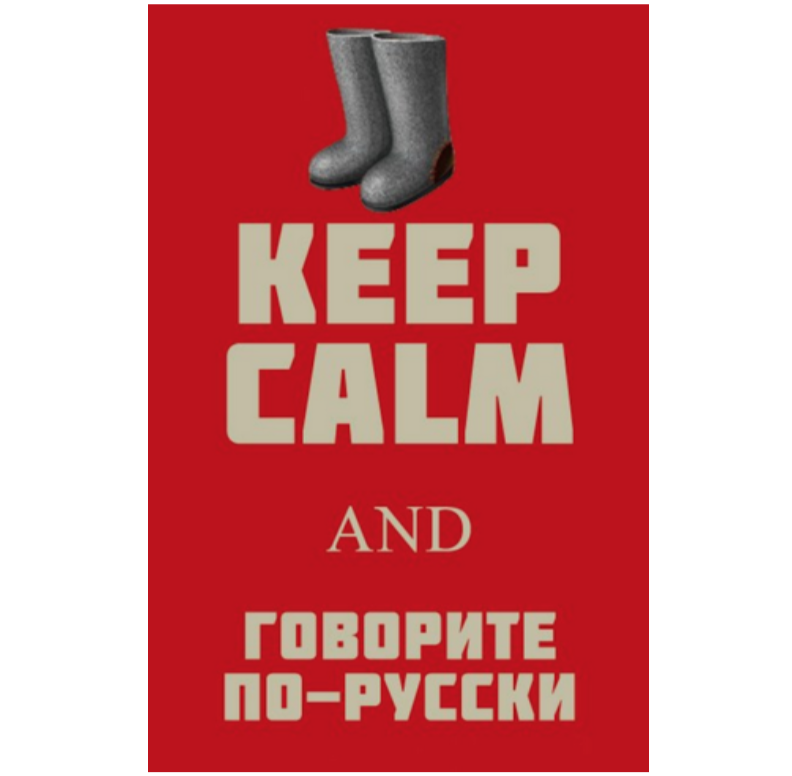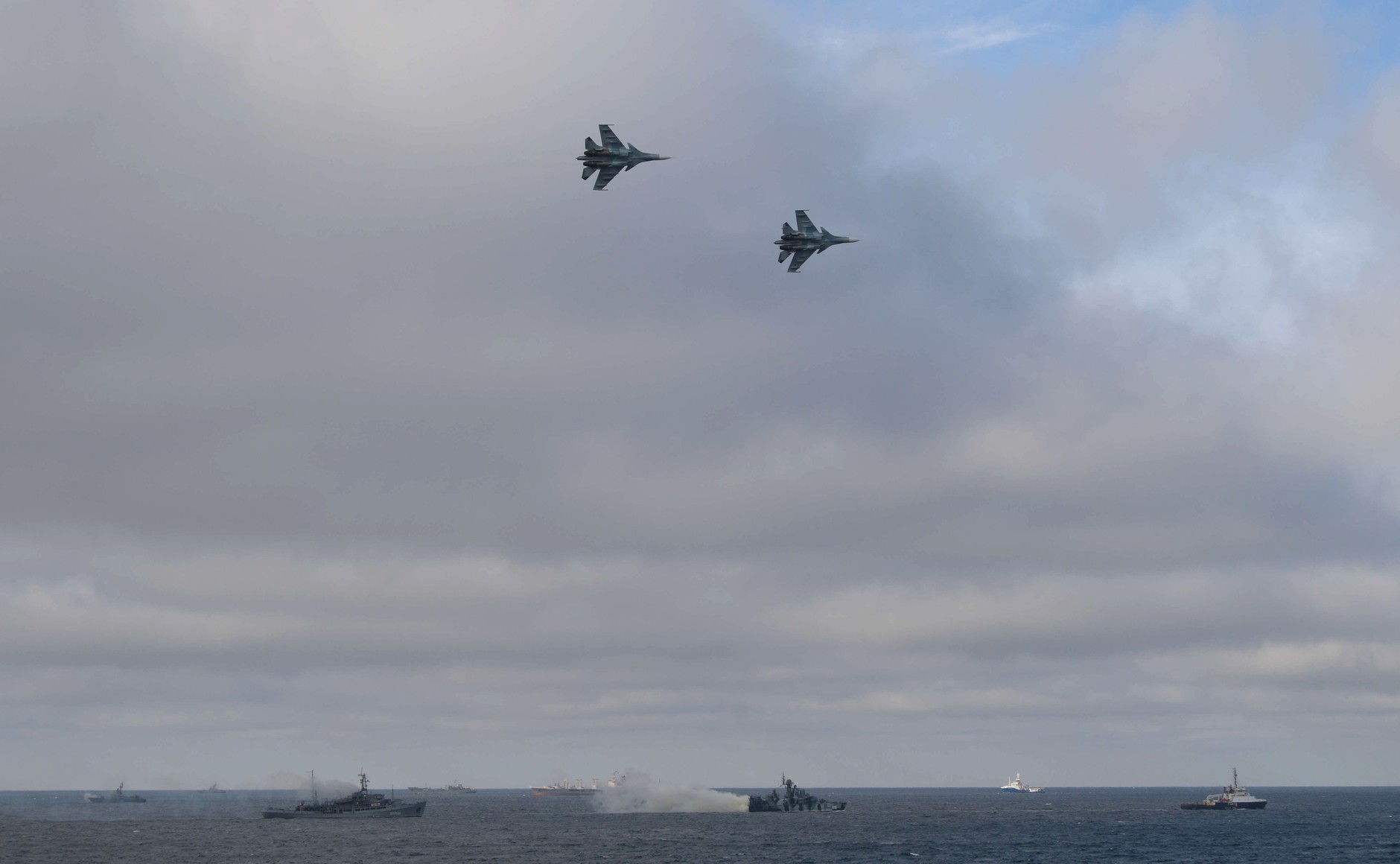Staunton, May 20 – Vladimir Putin wants to make the number of hours of Russian-language instruction in Russian schools inviolable, something that will mean non-Russian parents will be able to secure instruction in their native languages only by sacrificing other programs and thus putting the future academic and professional careers of their children at risk.
Such an approach, announced by the Kremlin leader yesterday at a joint session of the Council of Inter-National Relations and the Council on the Russian Language, can be expected to find enthusiastic support from Russian nationalists and be viewed as “ethnically neutral” by many observers abroad.
But its consequences for non-Russians are likely to be severe, reducing still further the number of languages in which their children can receive instruction in their native languages and the number of hours devoted to them and sparking outrage and protests among many of these groups who view the defense of their language as a key part of the defense of their nation.
Putin said many things his defenders will use to deny what the obvious thrust of his words. Thus, he told the group every nation had the right to its own language, that violating that will lead to problems, and that moves forward must not harm Russian or non-Russian languages.
But no one should be misled. First, the Kremlin leader explicitly said “the state must constantly raise the quality of instruction of Russian for pupils regardless of their place of residence or specialization” and that Russian must become a separate self-standing category subject rather than being part, as it is now, of a “language and literature” one.
If that happens, it would mean that non-Russian children could only gain access to more hours of instruction in their native language by cutting hours on other, non-language subjects, something that was never true even in the harshest Soviet times. As Putin noted, “the education ministry will ensure that the number of hours in Russia will nowhere be reduced.”
Two of Putin’s other comments provide additional evidence of where he is going. On the one hand, he insists that 96 percent of all Russian Federation residents speak Russian, a figure that includes many who speak another language as their first and would like to have more instruction in that language.
And on the other, Putin pointed to the situation in Russian occupied Crimea where he said three languages – Russian, Ukrainian, and Crimean Tatar – have equal rights, an assertion with which no independent observer of what is occurring there with the attacks on Ukrainian and especially Crimean Tatar languages would concur.
At present, Putin continued, instruction in Russian Federation schools is conducted in 30 languages, although he did not mention that in most of the non-Russian 29 this instruction is severely restricted in hours and to the lower grades; and he said that courses were available in 89 languages, including many foreign languages.
Putin’s Russian first approach was also underscored by his expressions of concern about lexical borrowings in Russian, something that many Russian nationalists are especially upset about. As in his other comments, Putin sought to portray himself as concerned about this but at the same time unprepared to be draconian as yet in doing anything about it.
One detail of yesterday’s meeting is especially important. It was supposed to take place on February 6 but was delayed because of the visit to Moscow of French President Francois Hollande and German Chancellor Angela Merkel who had come to discuss the situation in Ukraine.
Putin’s aide suggested that the delay gave “specialists” additional time to “better prepare for the meeting.” That may be true, but what is certainly the case is that it gave those pushing for the expanded use of Russian and the imposition of new limits on non-Russian to express their views and in a very public manner.
Last week, for example, Russian activists in Tatarstan, Bashkortostan, Buryatia and Komi complained in an open letter to Putin that pupils in their republics were not being allowed to study Russian as their native language and called on him to do something to protect the Russian nation.
And Russian commentators like Mikhail Delyagin of the Moscow Institute for the Problems of Globalization had time to claim that forcing Russian-speaking children to study local languages in the national republics was promoting ethnic friction. Naturally, he said nothing about non-Russians being forced to study Russian.
Such statements, of course, allow Putin and his entourage to present themselves as responding to the popular will; and Russian nationalists are already celebrating what the Kremlin leader has done as “a serious step in the defense of Russian” and proposing additional steps as well.
Non-Russians are likely to respond in the coming days and weeks, and their views about what Putin is about are likely to be very different than those of the Russian president and his Russian nationalist supporters.



